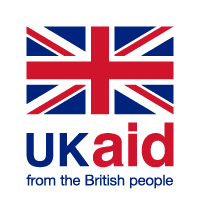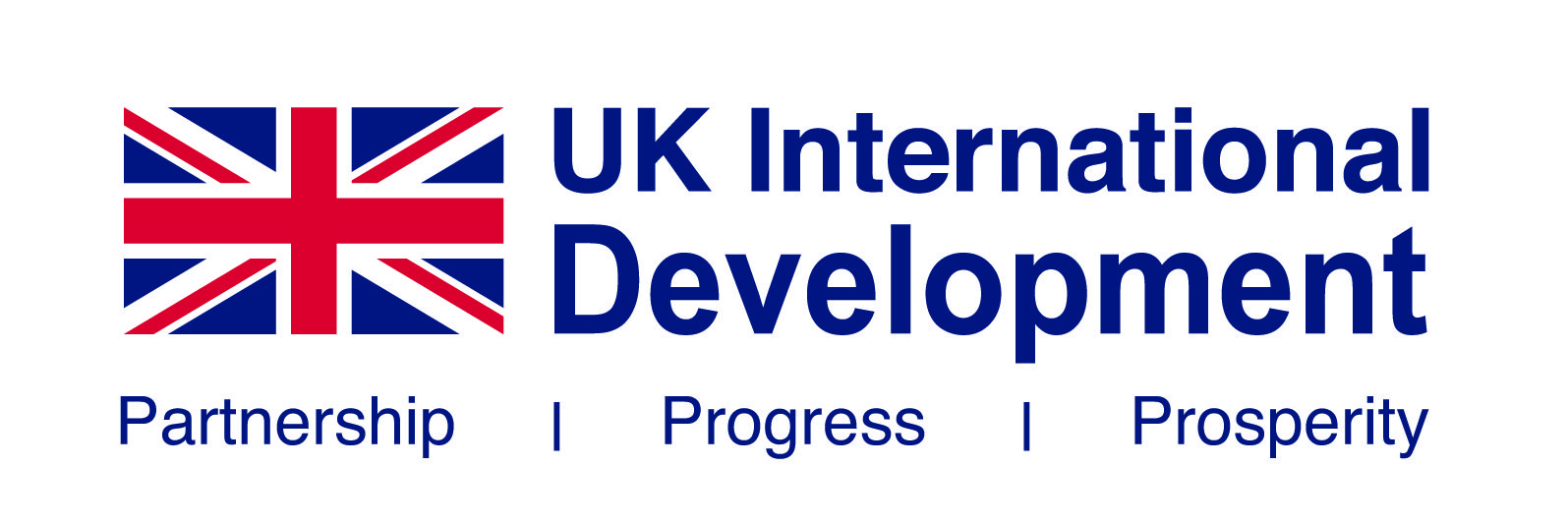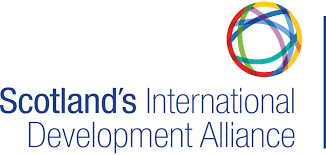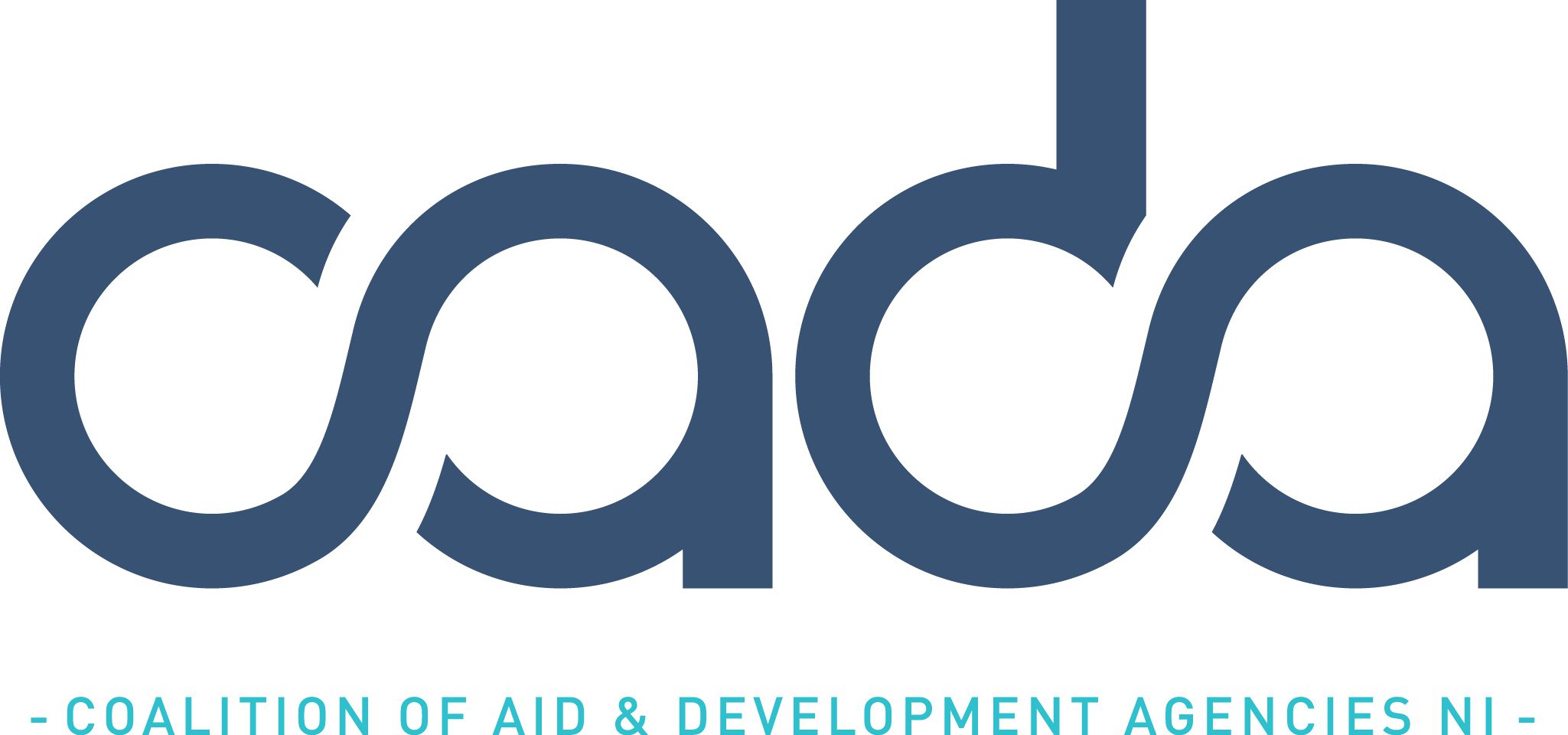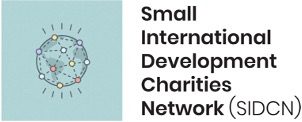15 June 2023
The Hidden Value of Small Charities: How Small INGOs are Driving Change in ‘International Development’

This Small Charity Week, SWIDN are championing our small member organisations. As a small charity ourselves with a lower budget than most of our small members, we know what it is to operate on a micro level in a massive context. We are inspired every day by our small members and their resilience, capacity and generosity.
We also think they often fly under the radar in our sector, dismissed for their size and excluded from many of the conversations that lead UK ‘international development’ policy and approach. Small charities are no longer funded by UK Aid after the 2021 cuts to the Small Charities Challenge Fund. Our small members tell us that their limited budgets often exclude them from sector support, including professional development and partnership opportunities. (SWIDN membership can plug this gap!) But their combined impact and the approach that small charities have the freedom to take, is often more ethical, more impactful, and more progressive than large NGOs.
Small charities can be independent of State agendas and party politics.
There is no doubt that UK Aid should reinstate their Small Charities Challenge Fund or create an equivalent, more inclusive pot of funding, if they wish to remain active in the ‘small towns and villages’ in the UK as Andrew Mitchell says. Denying small NGOs access to UK Aid shrinks the potential for UK taxpayers money to achieve innovative value for money, impact at scale, and inclusive, accessible delivery. But relying on non-governmental funding also means that small charities can remain more independent, less restricted by bureaucracy and audit-heavy policies, and more able to respond to community-driven ‘development’ needs. By relying on unrestricted funding from our generous British public and the support of independent Trusts and Foundations, small charities are less likely to have their activities dictated by the State, by institutions or by party-political agendas. Small charities can remain independent of high-scrutiny bureaucratic processes that drain funds, and limit creativity and mutual trust. Small non-governmental organisations can live up to their name – if they can’t access Government funding, they really are not Government.
Small charities can be more agile, responsive and transparent.
Over the last 30 years, shifts in ‘international development’ practice have placed greater value and focus on internal monitoring and evaluation, on bureaucratic processes demonstrating impact, and matrics and targets inspired by the corporate sector. Some view this approach as a crisis in our sector, driven by large donors too far removed from the stories of people’s lived experience. Smalls don’t have that problem.
In a small charity, the same person leading on fundraising and impact report-writing is often the same person talking directly to the implementing staff in the local community. They are likely to be the same person reporting to their Board, gathering feedback from the community leaders in the project area, and on the phone to the donor with stories of change. Small NGOs can spend far less time on ‘aid management’ because the management required for small ‘aid’ projects is far less. There is also less need for complex management tools because greater trust exists when the relationships are so personal. With less bureaucracy behind the impact they achieve, small NGOs offer greater value for money, more accountability through the simplicity of their systems, and better transparency: there are fewer documents, management levels, budget numbers and financial codes in which to hide.
Small charities can be more locally-led, effectively decolonising their practice and leaving power in the hands of their partners.
Tina Wallace, champion of alternative approaches to ‘international development’ and a valued SWIDN voluntary mentor, was already having this conversation over 20 years ago when she pointed out that smalls ‘are driven by a different ideology and commitment from some of the largest, more bureaucratic NGOs.’ (pg.208) With the IDC’s 2022 report on Racism in Aid as part of their inquiry into the philosophy and culture of aid (amongst other drivers), we are slowly beginning to ask more questions in greater numbers around our sector’s approach. One of the conversations happening in pockets across our sector is about the notion of ‘Solidarity’. Is our existing model of ‘aid’ morally defunct? Can it ever be feminist, anti-racist and beyond coloniality? If not, should our current system of ‘development aid’ move towards a model of solidarity and if so, how would this happen? (SWIDN considered some of these questions in our Annual Conference 2022 and you can access some of the debates on our website here.)
We know that solidarity is based on mutual transformation, shared interests, common goals and what Lisa VeneKlassen at the International Institute for Environment and Development calls ‘power with’. We also know that small charities, by their very design as community start-ups, are already home to effective movement makers. Our small member organisations are staffed by volunteers, community beekeepers, retired doctors, scientists and teachers who have left their jobs to chase a better world and make it happen. Their organisation’s often have clearly articulated values that aren’t disrupted by development bureaucracy; their size forces a reliance on, rather than an exclusion of, local knowledge and skills; they are more easily able to operate through partner organisations without conditionalities or top-down agendas, since they don’t have a large donor behind them that requires this. If organisational change requires 7% of the team to drive transformation, this is far more likely to occur in smaller teams.
Tina Wallace points out how small, UK-based charities ‘share many experiences of powerlessness and insecurity with their local partners’ enabling them more easily to be ‘more open to negotiation, discussion and shared decision-making with them’. If the UK ‘international development’ sector is serious about making changes to how we currently work in the direction of Solidarity, we should make a start by learning from our small NGOs.


